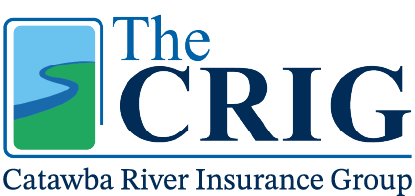Commercial Property Insurance for North Carolina Businesses
If your building, equipment, or inventory keeps your business running—then it needs protection. At The Catawba River Insurance Group, we help business owners across North Carolina and South Carolina secure reliable commercial property insurance to safeguard their most valuable assets from fire, theft, storms, and more.
What Is Commercial Property Insurance?
Commercial property insurance protects your physical assets—buildings, furnishings, inventory, tools, and more—from common perils. Whether you own a retail store in Lenoir, a restaurant in Charlotte, or a contractor’s warehouse in Hickory, this coverage helps your business bounce back quickly after a loss.
- Covers buildings, signage, inventory, and business personal property
- Protects against fire, theft, vandalism, wind, and some water damage
- May include business income loss due to property damage
- Essential for owned, leased, or rented spaces
Who Needs Commercial Property Coverage?
Virtually any business with a physical location or valuable equipment should consider this coverage. We serve business owners in Hickory, Blowing Rock, Morganton, Boone, and beyond.
Ideal for:
- Offices and professional services
- Retailers and restaurants
- Manufacturers and repair shops
- Contractors, landscapers, and builders
- Real estate investors and property managers
Commercial Property Insurance in North Carolina & Beyond
Hickory • Charlotte • Lenoir • Blowing Rock • Mooresville • Statesville • Asheville • Boone • and beyond
FAQs
Does commercial property insurance cover flooding?
Flooding is typically excluded. You may need separate flood insurance for that protection.
Can I get coverage if I rent my business space?
Yes. You can insure your business contents and tenant improvements even if you don’t own the building.
Will this cover theft or vandalism?
Yes, most policies cover theft, vandalism, and other criminal acts.
Is commercial property insurance required by law?
It’s not legally required, but it may be required by your lender or landlord—and it’s highly recommended.
